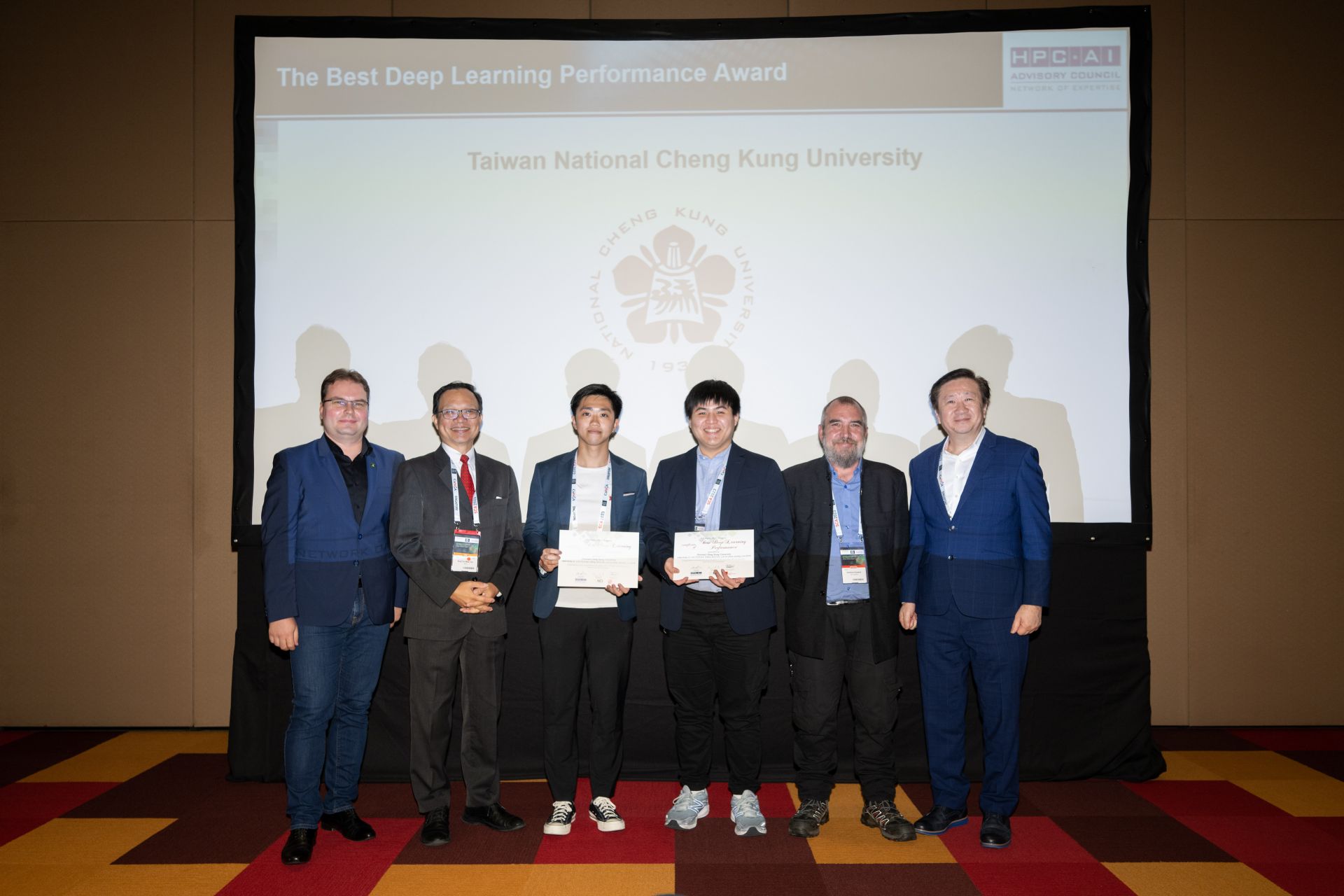NCKU Mechanical Engineering Project Exhibition 2024 Kicks Off — Parents Amazed by the Intricacy of Student-Built Robots
The annual “Mechanical Design Practice and Research Project” originated in the 101th academic year, when the department launched the compulsory junior-level course “Mechanical Engineering Capstone Project.” This course is a critical component of IEET Engineering Accreditation, often referred to as a capstone course, which serves as an integrated assessment of the students’ first three years of study — including both corner stone (fundamental) and keystone (specialized) courses. Through hands-on projects, students experience the integration of mechanical engineering theory and practical design across multiple disciplines. The course includes milestone checkpoints to assess progress, teamwork, and task division. By the end of the course, students are expected to apply rigorous mechanical design processes, understand the generation and evaluation of design concepts, and consider performance, cost, and socio-technical aspects to solve open-ended engineering problems.
In response to the growing demand for intelligent robots in the logistics industry, this year’s capstone projects focused on designing robots that emulate item-picking and sorting tasks in warehousing centers. Each team of 4 to 6 students was required to develop two types of robots, including a legged picking robot (bio-inspired design) operated remotely via wireless control, and a wheeled transport robot capable of fully autonomous navigation. These projects challenged students to push beyond traditional mechanical boundaries by integrating AI technologies with mechanical systems. The legged robots, in particular, emphasized biomimicry, requiring precise mechanical stability, complex structure design, and advanced control systems — all fully built and assembled by the students themselves.
The event also included a Research Project Competition featuring undergraduate research outcomes, as well as a showcase of results from a recently introduced course, “Applied AI and Machine Learning for Engineering and Science.” This course encourages students to apply AI theories to various mechanical domains such as robotics, smart furniture, high-strength alloys, intelligent fitness systems, and EEG-based home exercise monitoring systems. These practical AI-integrated engineering courses have also been recognized by IEET Accreditation, affirming the global recognition of NCKU’s mechanical engineering education. The program’s strong emphasis on hands-on design and clearly defined core competencies equips graduates with industry-validated professional skills.
Additionally, a special exhibition displayed outcomes from the freshman-level compulsory course, “Introduction to Mechanical Engineering.” This course introduces students to basic engineering knowledge, experimental design, data processing, and the use of AI tools. Projects included spring-powered cars, mechatronic systems, and AI-assisted computer games, helping first-year students understand how AI can be applied in real-world engineering tasks.
NCKU Vice President Yung-Chun Lee, in his speech, emphasized the importance of transforming academic knowledge into real-world application. He highlighted how the mechanical design exhibition has become a hallmark tradition at NCKU, especially its unique inclusion of parents in the learning process. “By seeing the students' journey firsthand, parents can better appreciate their learning efforts. With fast-paced technological change, students must stay hands-on and embrace both practical and intellectual skills,” he noted.
Dean Chyan-Deng Jan of the College of Engineering encouraged students to foster creativity through hands-on practice and to actively participate in research. He emphasized the value of parent involvement in deepening understanding of the department’s vision. With globally recognized IEET-accredited education and a strong focus on design and practical competence, NCKU mechanical engineering graduates are well-prepared for both academia and industry.
Ms. Chung, a parent from New Taipei City, shared that her whole family made the special trip to attend the event. “I was surprised that my child chose to build a robot out of wood — it's lightweight and easier to work with. When your child says, ‘Come see what I’ve learned,’ how could we not come?” she said. Another parent, Mr. Wang, remarked, “You can tell how dedicated the faculty are by the results. Even if I don't understand all the technical terms, I can see the students’ passion and effort. It’s truly impressive to witness how mechanical engineering has evolved with AI innovation.”
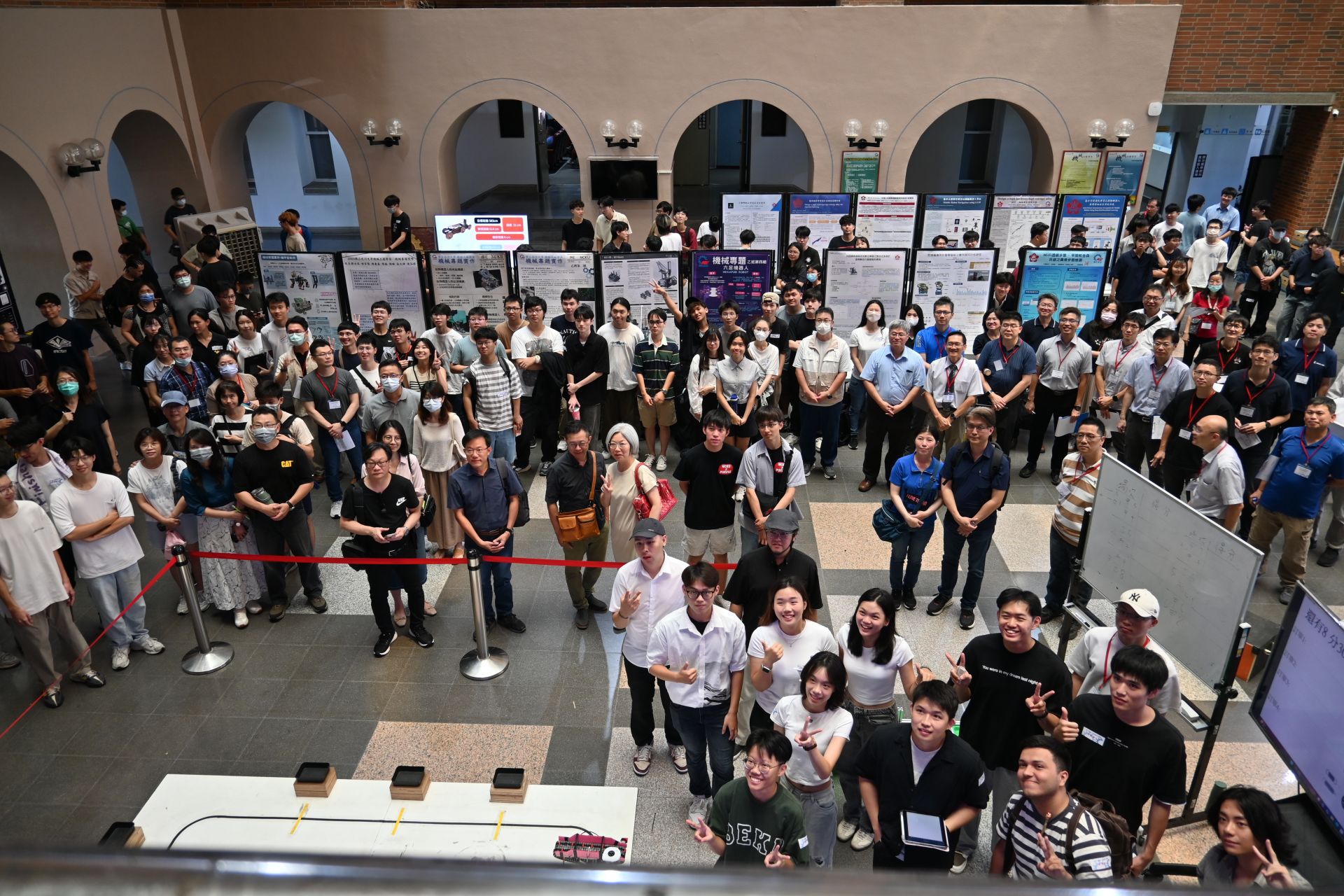
The Department of Mechanical Engineering at NCKU invites students and their parents to attend the Poster Exhibition and Competition for the “Mechanical Design Practice and Research Project” of the 113th Academic Year
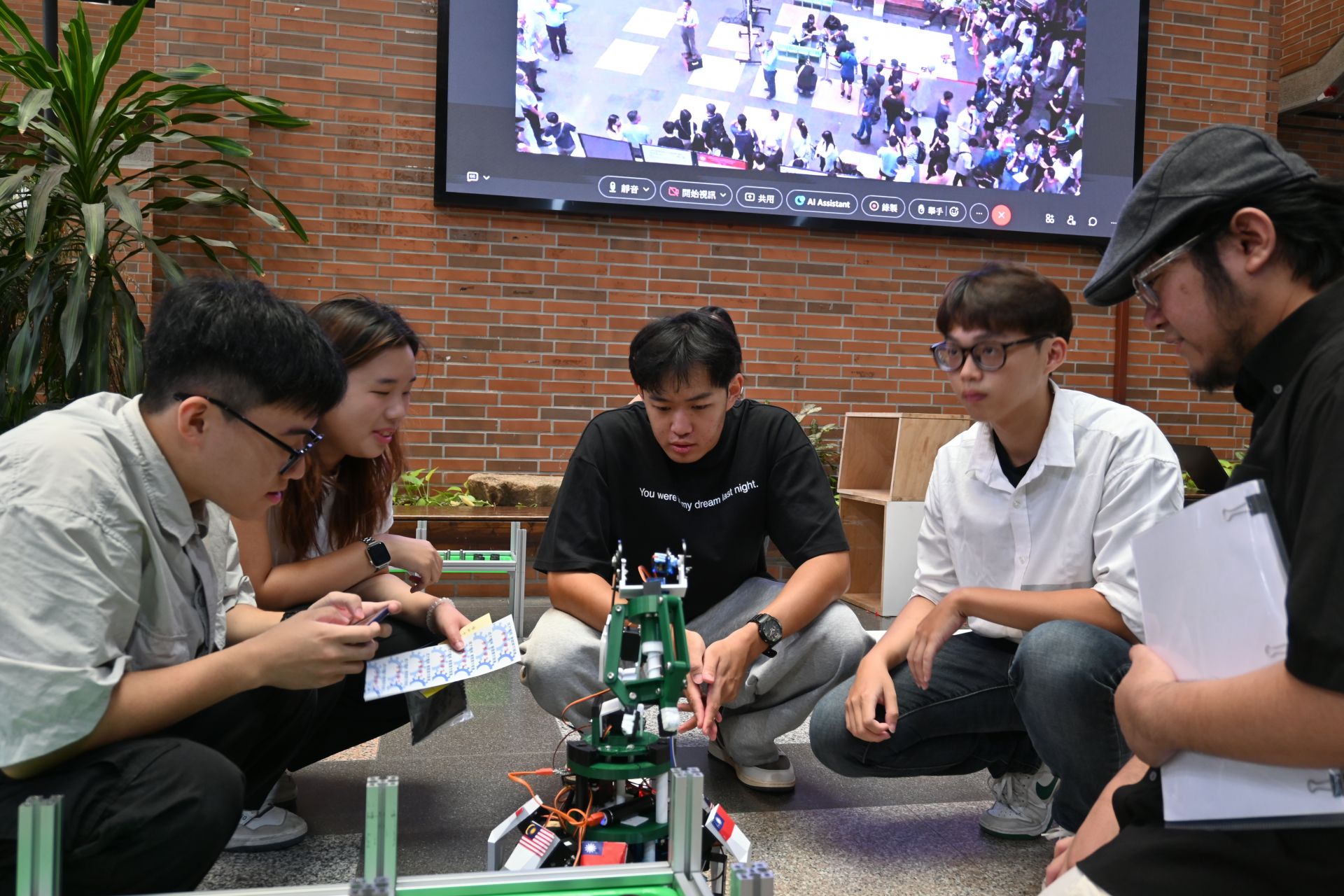
In this project-based course, third-year university students designed robots that mimic the processes of picking, placing, and sorting items in a logistics and warehousing center. Two types of robots were developed
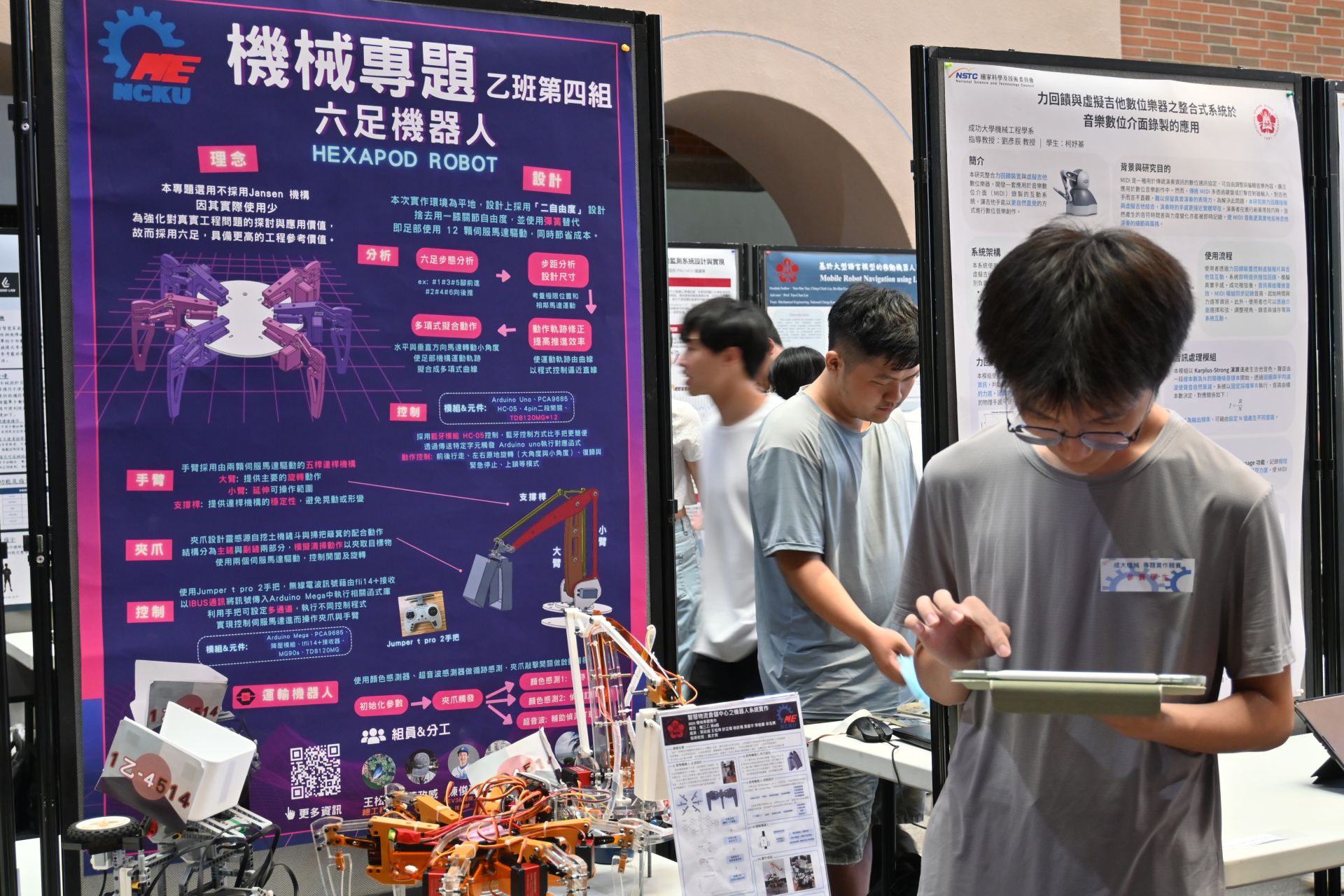
This event also included a competition showcasing the research project outcomes conducted by undergraduate students from the Department of Mechanical Engineering at NCKU
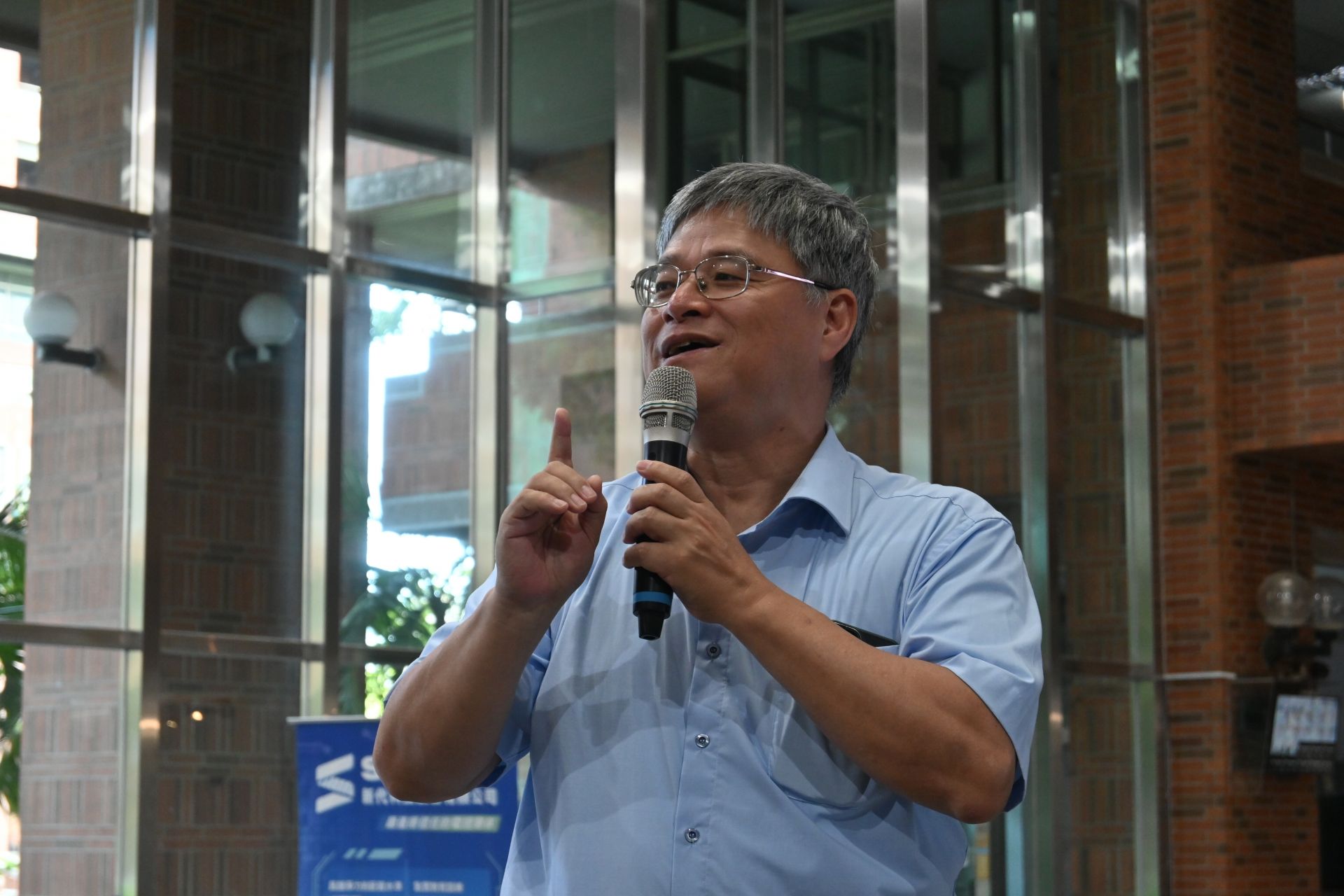
Vice President Yung-Chun Lee of NCKU invited parents to participate in the event and gain insight into the learning journey of students in the Department of Mechanical Engineering
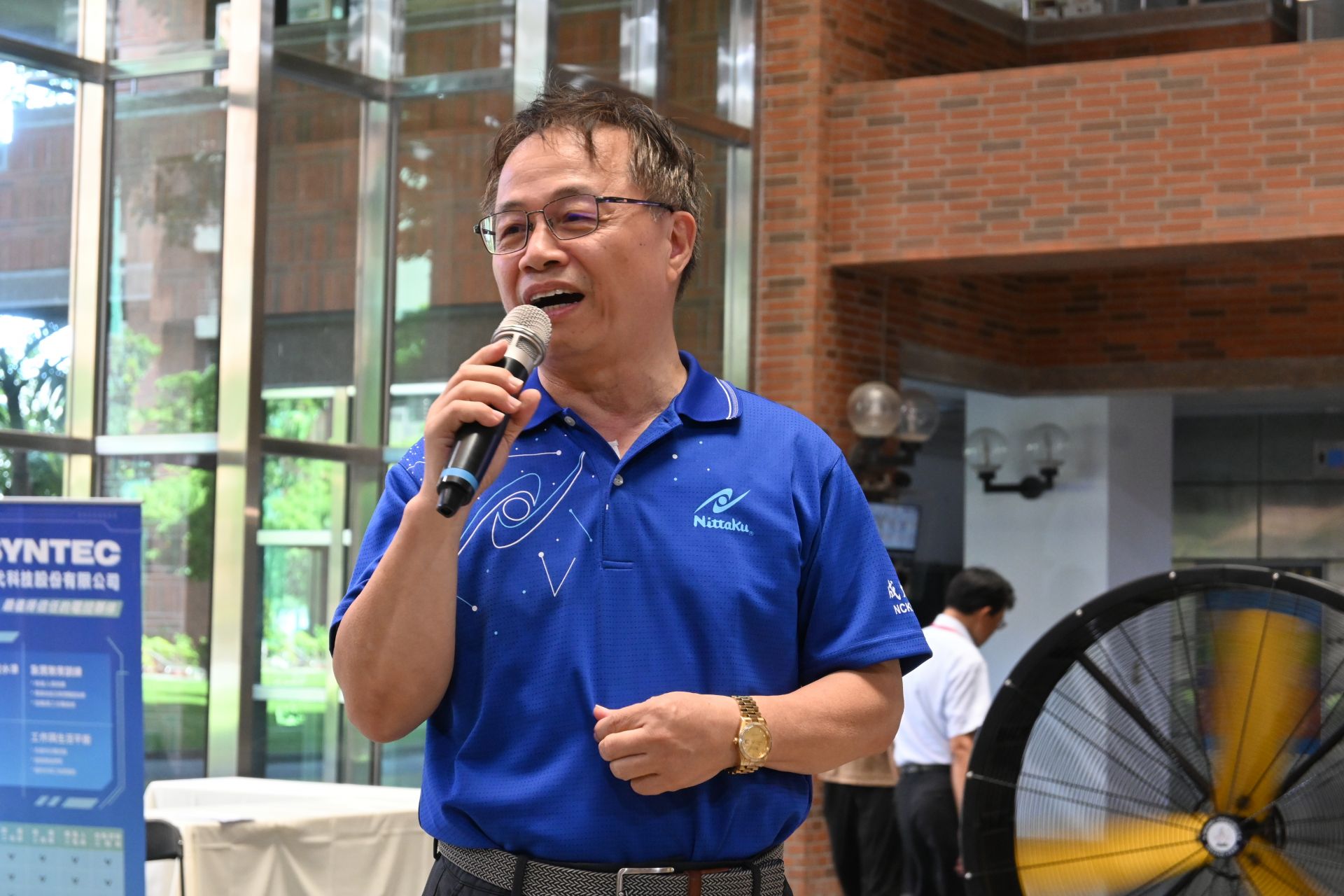
Dean Chyan-Deng Jan of the College of Engineering at NCKU believes that the education received by students in the Department of Mechanical Engineering is recognized and respected worldwide
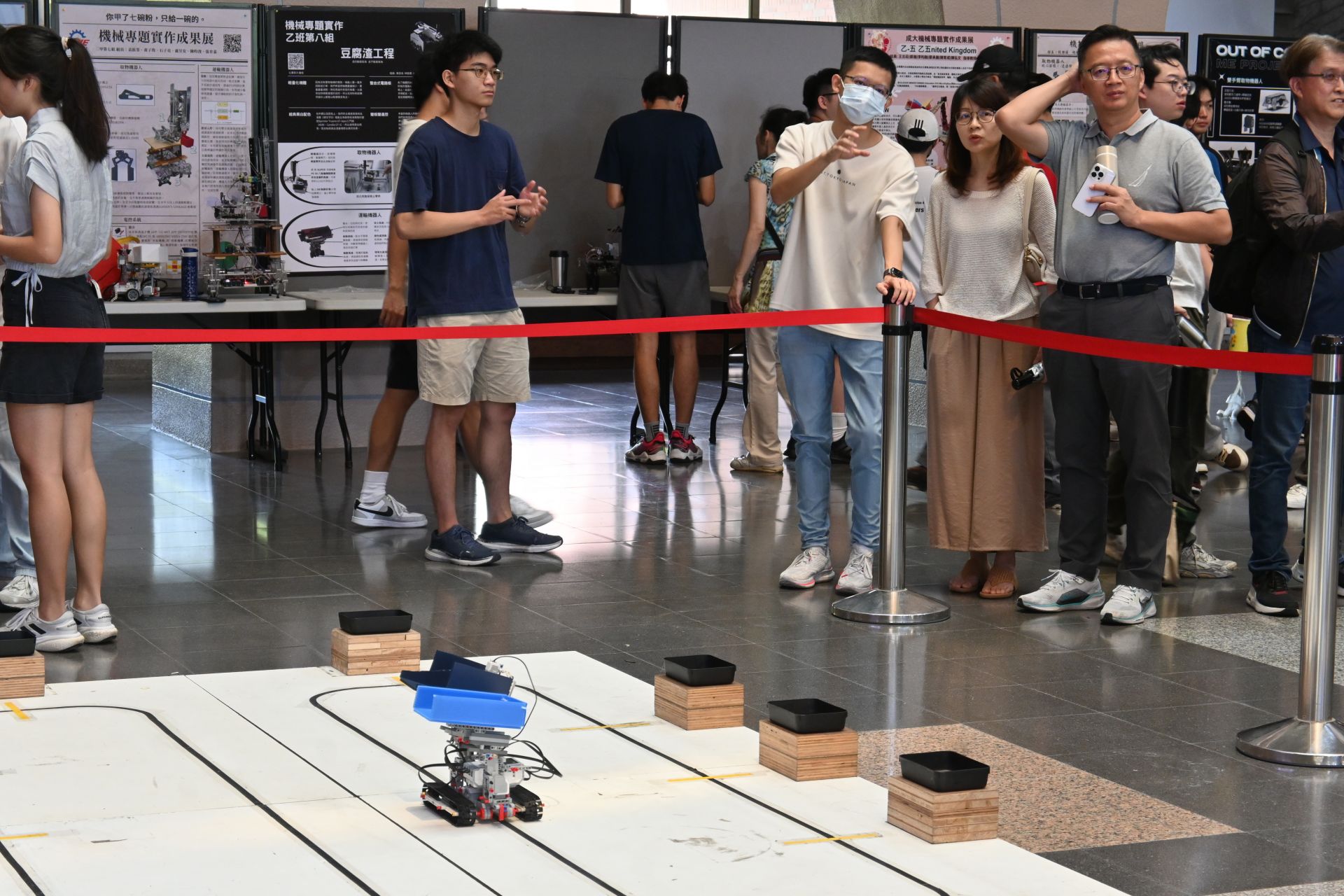
Many parents traveled from northern Taiwan with their families to attend the event. Seeing the projects their children had created, they felt extremely proud

SDG92025 Southern Taiwan Science Park Industry-Academia Association Member General Meeting : AI Collaboration Across Sectors
View more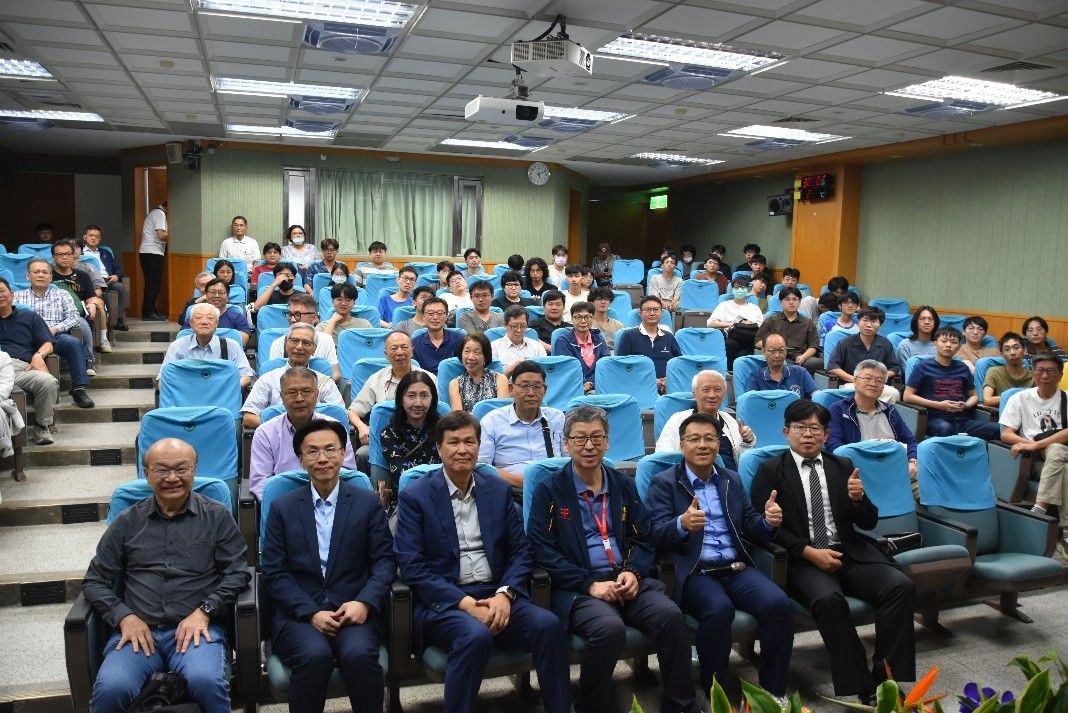
SDG9【94th Anniversary】60th Anniversary of NCKU Department of Engineering Science: Inaugural NCKU Engineering Forum
View more